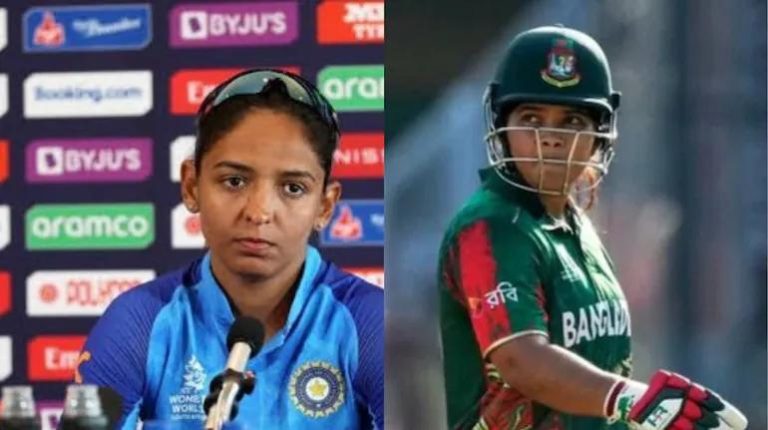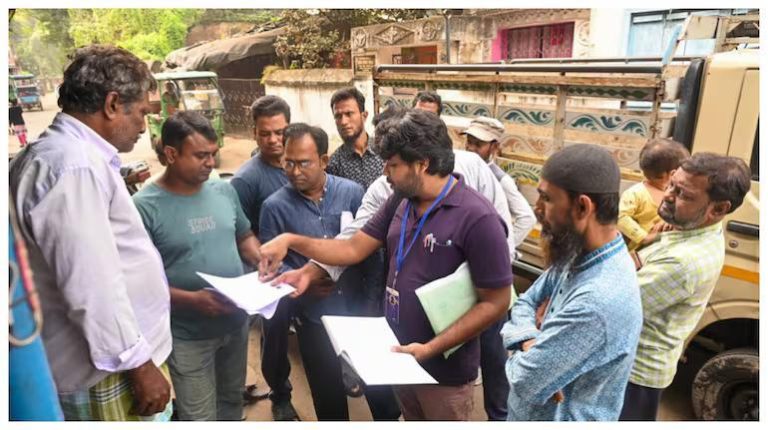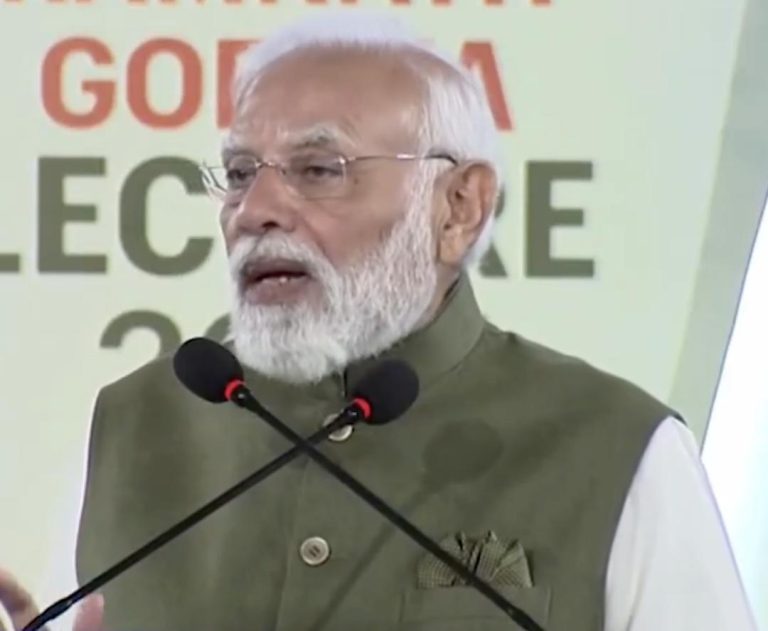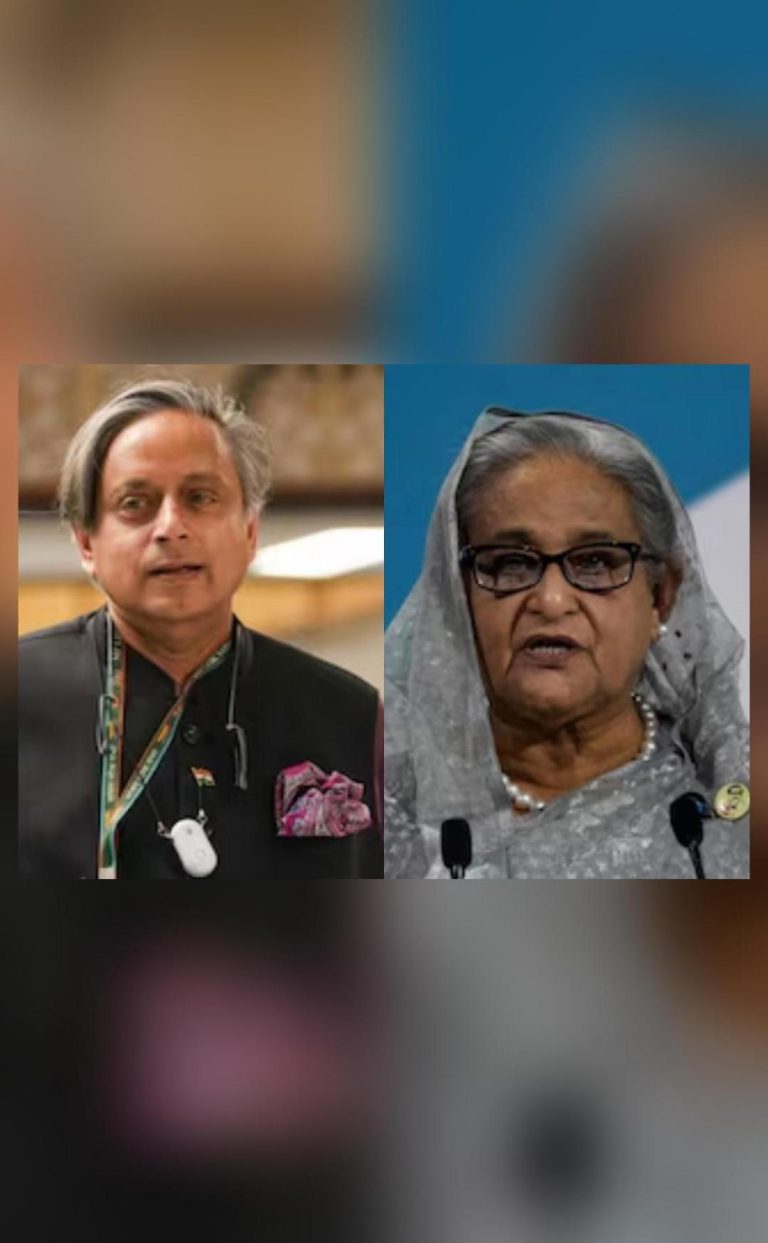
CBFC Cuts Words like ‘Pradhan Mantri’ & ‘Chaiwala’ from Murderbaad
In a bizarre move, the Central Board of Film Certification (CBFC) has instructed the makers of the upcoming film ‘Murderbaad’ to edit out words such as ‘pradhan mantri’ and ‘chaiwala’ from a dialogue. The film, which has received an ‘A’ certification, is a crime thriller that explores the darker aspects of society. The CBFC’s decision has sparked controversy, with many questioning the logic behind cutting out such innocuous words.
According to reports, the dialogue in question was a humorous exchange between two characters, where one of them uses the phrase ‘pradhan mantri’ (meaning “prime minister”) to describe someone who is in a position of authority. The other character responds by saying that they are just a ‘chaiwala’ (meaning “tea vendor”), implying that they are not in a powerful position. The exchange was meant to be a lighthearted joke, rather than a serious political statement.
However, the CBFC apparently felt that the words needed to be cut out, citing concerns about “sensationalism” and “controversy”. The film’s director, Arnab Chatterjee, has spoken out against the decision, saying that the dialogue was meant to be an “absolutely benign joke” that was “aspirational for the lower-middle class of our country”. He emphasized that the film is not meant to be a political statement, and that the CBFC’s decision was an overreaction.
The CBFC’s decision has sparked a heated debate about censorship and the limits of creative expression in India. Many have argued that the CBFC’s actions are an example of unnecessary interference in the creative process, and that the film’s makers should be allowed to use their own judgment when it comes to editing their work. Others have suggested that the CBFC’s concerns about “sensationalism” are unfounded, and that the dialogue in question is harmless.
The debate about censorship in India is a contentious one, with many arguing that the CBFC’s rules and regulations are overly broad and open to interpretation. The CBFC’s own guidelines state that it is responsible for ensuring that films are “suitable for public exhibition”, but many have argued that this standard is too vague and can be used to justify censorship of a wide range of content.
In recent years, there have been several high-profile cases of censorship in India, including the controversy surrounding the film ‘Padmaavat’ and the banning of several Pakistan-made films. The CBFC has also faced criticism for its handling of films that deal with sensitive topics, such as caste and religion.
In the case of ‘Murderbaad’, the CBFC’s decision to cut out innocuous words such as ‘pradhan mantri’ and ‘chaiwala’ raises questions about the board’s priorities and its understanding of what constitutes “sensationalism”. Many have argued that the CBFC’s actions are an example of over-censorship, and that the film’s makers should be allowed to use their own judgment when it comes to editing their work.
Ultimately, the controversy surrounding ‘Murderbaad’ highlights the complex and often contentious issues surrounding censorship in India. While the CBFC has a legitimate role to play in ensuring that films are suitable for public exhibition, its decisions should be guided by a clear understanding of the importance of creative freedom and the need to respect the intentions of filmmakers.
Source:






